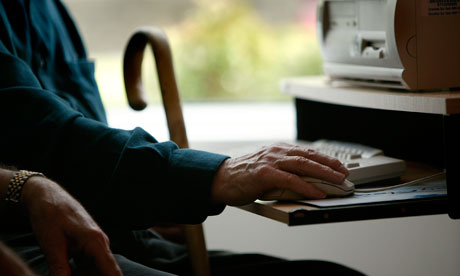Category Archives: Older care
Get your windows clean and help family unpaid carers
Friday 10 May 2013
Get your windows clean and help the carers
Getting Kilkenny’s windows gleaming for summer, local company McCreery Contract Cleaning is launching its new ‘Reach & Wash’ window cleaning system with a fundraiser for family carers.
All companies and homes who book window cleaning services with McCreery Contract Cleaning from May 7–10 inclusive will see the full cost donated to the Carers Association, Kilkenny. To book the service, Freefone 1850 211 863.
There are 4,055 family carers in Kilkenny. Many are living in very difficult circumstances having faced a number of recent cuts in services and payments, including cuts to vital home help hours and an almost 20% reduction in the Respite Care Grant in Budget 2013.
“Having cared for my own mum, I have a huge respect for the work of family carers,” said Jennifer McCreery of McCreery Contract Cleaning.







